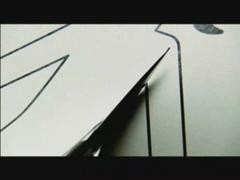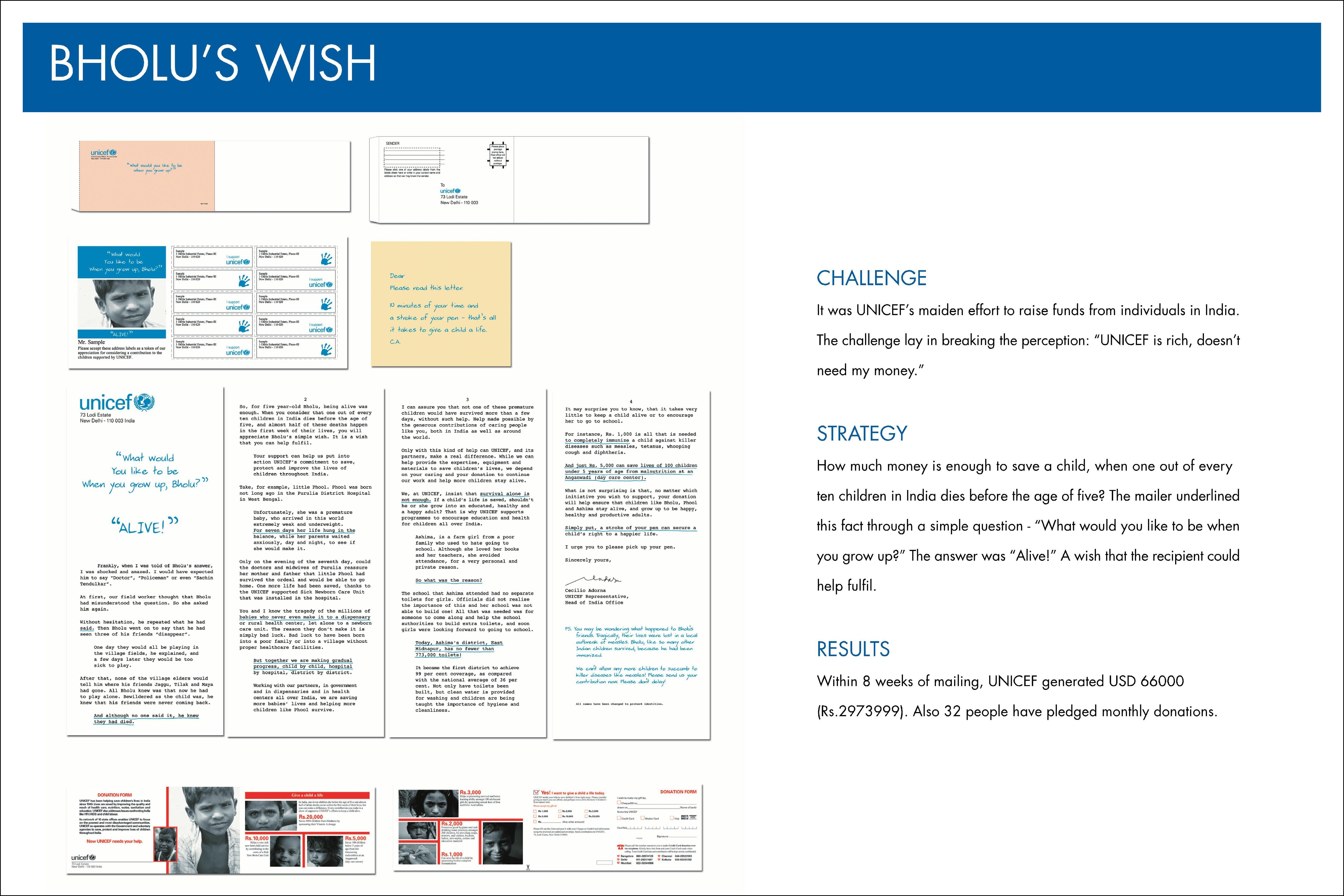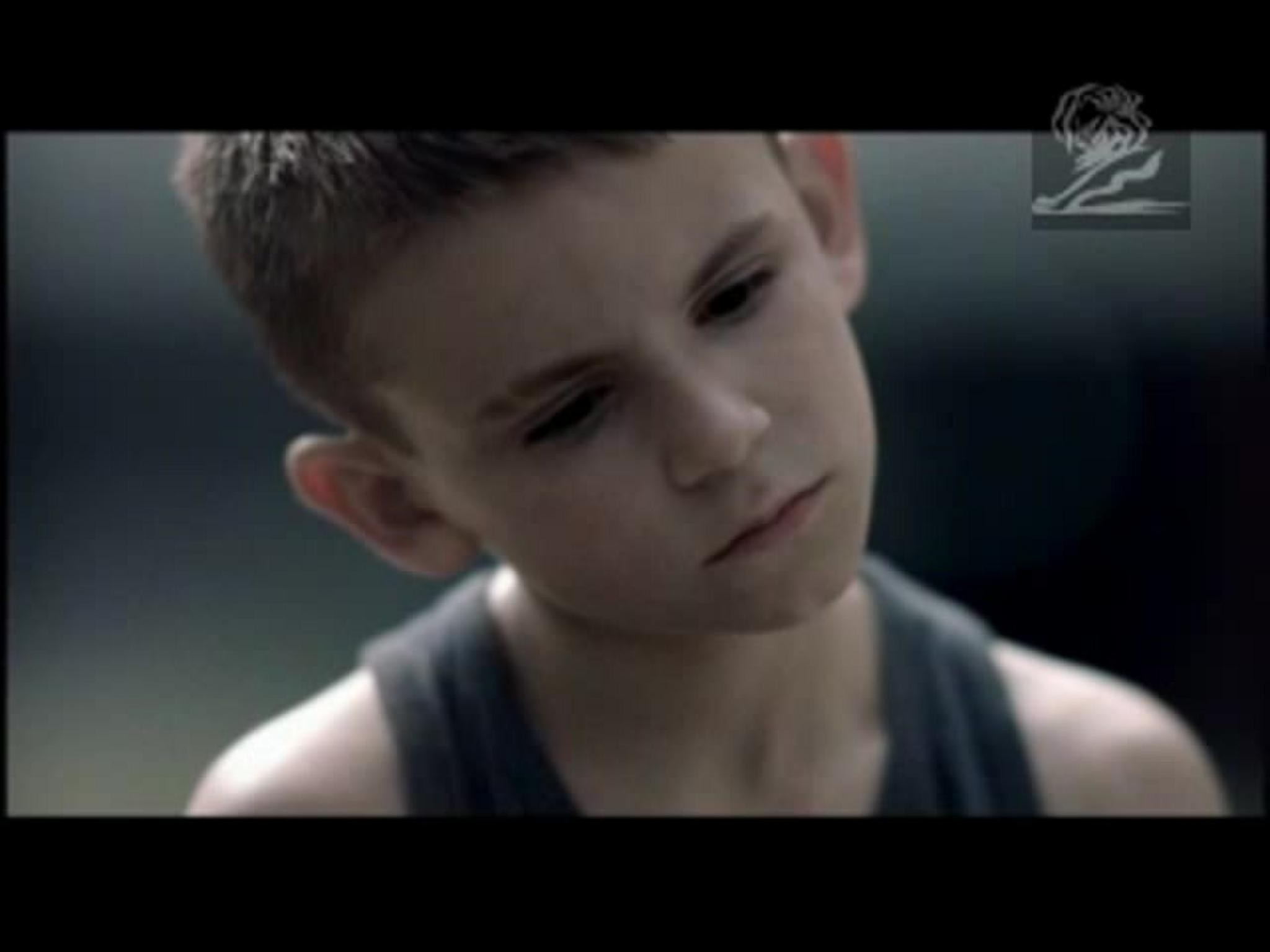Cannes Lions
Creatable - The Rocket Stove
FINCH, Sydney / UNICEF / 2022
Overview
Entries
Credits
Overview
Background
UNICEF came to us with a brief: to deliver STEM-based education to the poorest country in the world, West Africa’s Burundi.
In actioning that brief, our goal was to ensure we provided accessible and equally-distributed education, giving Burundians the power to change their lives, and end poverty.
Our specific objectives? Firstly, to ensure that our education initiative reached those who had previously slipped through the cracks in aid work – namely women, girls, and those without equal access to the innovation-based resources required to kickstart economic and social change.
And secondly, to develop self-sustaining educational programs that could be maintained by Burundi educators, and last long into the future.
After all, good, accessible education has the power to change the world.
Idea
Our creative idea took the form of a STEM-based educational course, one focused on a real-world issue – smoke inhalation caused by fuel-inefficient open fires – while imparting skills that could be applied more generally across Burundi.
The first unit of the course was centered around the building of the rocket stove, an environmentally sustainable means of food production that could form an important part of the country’s supply chains.
We sought to empower the nation’s most vulnerable residents – its women, girls and young people – and give them the intellectual resources they needed to make Burundi safer and greener.
Change from within was our goal – not creating a system where Burundi’s residents became dependent on the developed world, but where the country was imparted the resources to alter and improve itself.
Strategy
Because our initiative was designed to be led by the people of Burundi, for the people of Burundi, we wanted to teach the teacher, providing professional development for local educators.
That meant data-gathering was important to our work. The U-Report system provided us with the opportunity to assess problems before we tackled them. During and after the initiative’s roll-out, we remained in communication with the Burundian teachers that we upskilled to teach the course.
Using hands-on Zoom training, a manual and blueprints, we empowered teachers, and helped them give Burundians the resources to change themselves, and their cities.
Our target audience was all those who make up Burundi’s numerous cities – from the forgotten members of society, the country’s young women and girls, to its disenfranchised young men.
Execution
Because we wanted our initiative to be guided and led by the people of Burundi, we asked them what mattered to them, reaching out using UNICEF’s “U-Report’ app – a data-gathering system that collects firsthand experiences from the developing world.
U-Report told us that Burundians were facing the pressing problem of smoke inhalation from dangerous and unsustainable open fires. So we designed a solution to that problem – the rocket stove, built from locally available upcycled materials.
It was important to us that our initiative be self-maintaining. That meant empowering the educators of Burundi through hands-on Zoom sessions, a training manual, and blueprints, giving them the skills not just to teach the country’s young people how to build the stove itself, but the scalable skills of innovation and creation.
We wanted nothing less than total change – for the people of Burundi, by the people of Burundi.
Similar Campaigns
12 items





